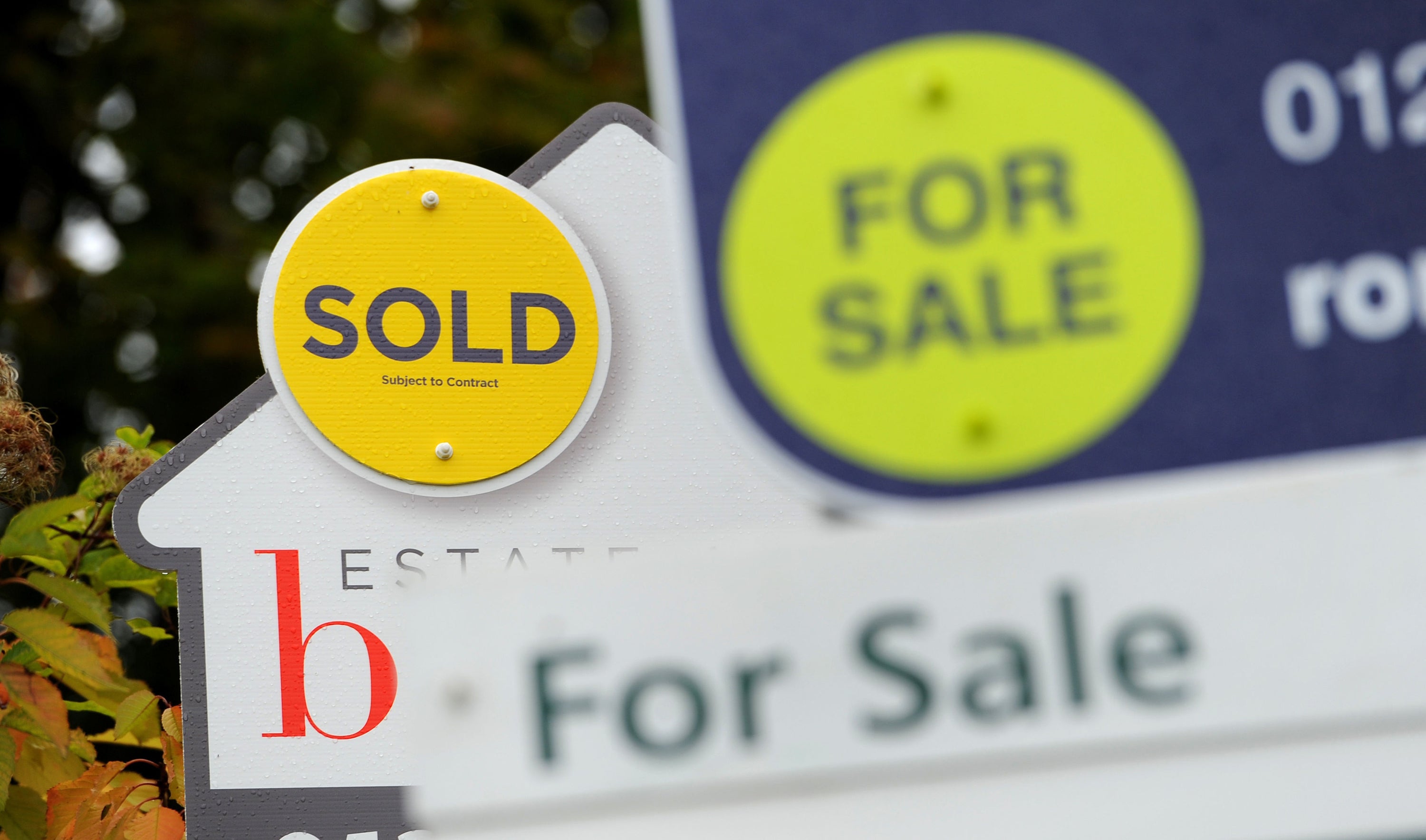Giving up takeaways and avocado on toast won’t help me buy my first home – so stop telling me it will
Millennials are told that if we made more sacrifices, we’d soon be homeowners, like our parents’ generation were at our age. That’s simply not true


Your support helps us to tell the story
From reproductive rights to climate change to Big Tech, The Independent is on the ground when the story is developing. Whether it's investigating the financials of Elon Musk's pro-Trump PAC or producing our latest documentary, 'The A Word', which shines a light on the American women fighting for reproductive rights, we know how important it is to parse out the facts from the messaging.
At such a critical moment in US history, we need reporters on the ground. Your donation allows us to keep sending journalists to speak to both sides of the story.
The Independent is trusted by Americans across the entire political spectrum. And unlike many other quality news outlets, we choose not to lock Americans out of our reporting and analysis with paywalls. We believe quality journalism should be available to everyone, paid for by those who can afford it.
Your support makes all the difference.There’s a lie that often gets bandied about and it goes something like this: “If young people would only make a few more sacrifices, then they’d be able to buy a house.”
The wording might be slightly different. They might say that millennials just need to give up takeaways or nights out or avocado on toast, but the essence is always the same. If we were a little more disciplined and less feckless and fond of brunches, we’d soon be homeowners, like our parents’ generation were at our age.
Unfortunately, that’s simply not true. Since 2000, UK house prices have risen at a rate that so far outpaces wage growth, it’s genuinely obscene. The average house in March 2021 cost more than 65 times the average home in January 1970. It wouldn’t be such an issue, of course, if earnings had risen consistently with house prices, but they haven’t. According to the Office for National Statistics, average weekly wages are only 35.8 times higher.
In London, the situation is particularly bleak, with houses costing 11.7 times the average salary. According to analysis by Halifax, first-time buyers in London are paying prices 264 per cent higher than their counterparts in 2000.
If you can’t immediately stump up the cash for a deposit, which now averages at £57,000 for first-time buyers, you’re probably going to need to rent somewhere to live. When rent is taking up a nice big chunk of your monthly earnings, it’s extremely difficult (if not impossible) to put away the tens of thousands of pounds needed for a deposit on your first home. London, again, is a particularly bad place to save. Those living in Hackney, for example, are, on average, spending more than 80 per cent on their income on rent. Research by property website Zoopla suggests private rents outside London are also rising at their fastest rate for 13 years.
So it’s particularly galling when boomers (people born between 1946 and 1964) tell young people that they need to make sacrifices to get on the property ladder. This isn’t to say that boomers made no sacrifices – I’m sure they did – but people in my parents’ generation could afford to buy houses for the simple fact that houses were more affordable.
Maybe if they gave up takeaways and nights out, as they suggest we do, a deposit was within their grasp. That’s not the case for young people now. It’s not about hard work and penny pinching. That’s all fallacy, and I think that a core of the boomer population is just incredibly averse to admitting that something about their lives was significantly easier for them than it is for us.
Every time there’s an earnest article published about “how I bought a home at age 25”, a quick skim of the text usually reveals that the lucky millennial homeowner lived rent free with their parents for years or someone died and they inherited a windfall of cash. The idea that we need to graft a bit more and give up eating Instagramable avo smash is both disingenuous and, frankly, insulting.
The government’s plans to increase national insurance contributions by 1.25 per cent is another kick in the teeth for young people, who are more likely to be earning under £50,000 and therefore will be more affected by the tax hike. So not only are we paying rent to people in older generations who own more homes than they can live in, we’re also shouldering the burden of paying for the social care crisis. The government could have chosen to increase income tax instead, which would’ve encompassed people’s investments and rental properties, but they did not. They chose to shaft the young.
This is generational inequality in the very purest sense, and the Tories are making it worse. Renting is a nasty little trap that benefits boomers, and it’s often the same generation of people who take a large percentage of our money every month who are telling us that it’s our own fault that we don’t have a mortgage.
Join our commenting forum
Join thought-provoking conversations, follow other Independent readers and see their replies
Comments